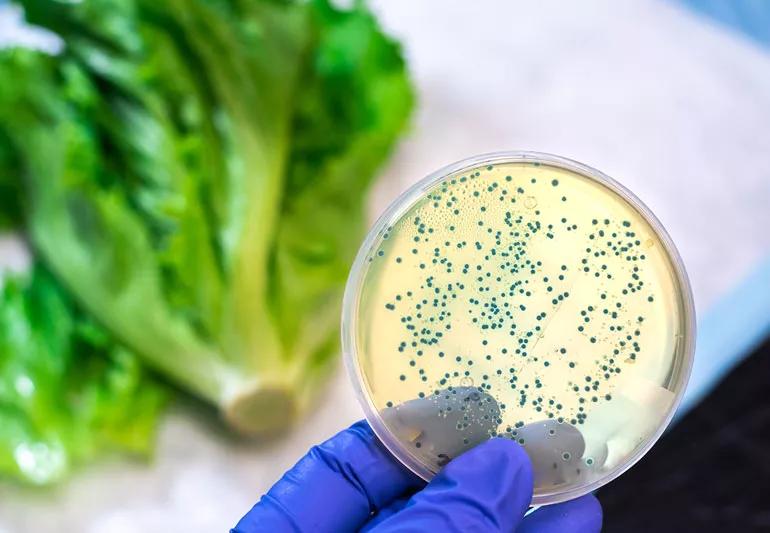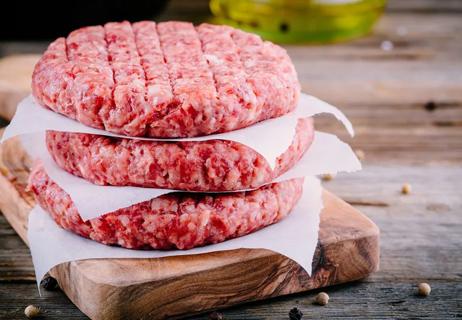The short answer from a wellness dietitian

A: The U.S. Food and Drug Administration (FDA) recalls foods that have been contaminated by bacteria, foreign objects or undisclosed allergens.
Advertisement
Cleveland Clinic is a non-profit academic medical center. Advertising on our site helps support our mission. We do not endorse non-Cleveland Clinic products or services. Policy
A recall may follow an outbreak of food-borne illness, caused by food-borne pathogens such as salmonella or listeria. It may also follow detection of a contaminant in a plant or facility where food is processed, before it reaches humans or when it is mislabeled.
Recall notices are usually specific, detailing the months in which the product was sold, the locations, the expiration dates and even parts of serial numbers.
You usually know you’ve eaten a contaminated product by the symptoms that emerge after consumption. Some are mild, but allergic reactions to undisclosed dairy, nuts, eggs, gluten or soy can be quite serious. So can reactions to sulfites in those with sensitivity.
Symptoms reported with food recalls include:
If you are pregnant, have a compromised immune system or are very young or very old, contact your doctor’s office if you think you’ve eaten contaminated food. If you believe you’re having an allergic reaction to a food, follow your doctor’s instructions for promptly managing your reaction.
Knowledge is power. To limit future exposure to contaminated foods, sign up for FDA food safety recall alerts at www.fda.gov/Safety/Recalls/ or www.foodsafety.gov/recalls/.
Advertisement
—Registered dietitian Nicole Hopsecger, RD, LD.
Advertisement
Learn more about our editorial process.
Advertisement

Leftovers can be kept in the fridge for three to four days or frozen for three to four months

Ultimately, rice is safe to eat, but the type, where it’s grown and how you cook it may be factors to consider

Washing your hands, thoroughly cleaning kitchen tools and preparing meat separately can reduce the risk of foodborne illness

Extended outages lasting more than four hours can make food in your fridge unsafe to eat

Microwaves use non-ionizing radiation and haven’t been shown to cause cancer — follow food safety practices and use microwave-safe containers

Once perishable food hits the table, it’s typically good for about two hours

Color, texture, smell and expiration date all hold important clues

Warning: A popular TikTok hack to extend the life of avocados could lead to food poisoning

Wearing a scarf, adjusting your outdoor activities and following your asthma treatment plan can help limit breathing problems

Your diet in the weeks, days and hours ahead of your race can power you to the finish line

When someone guilt trips you, they’re using emotionally manipulative behavior to try to get you to act a certain way